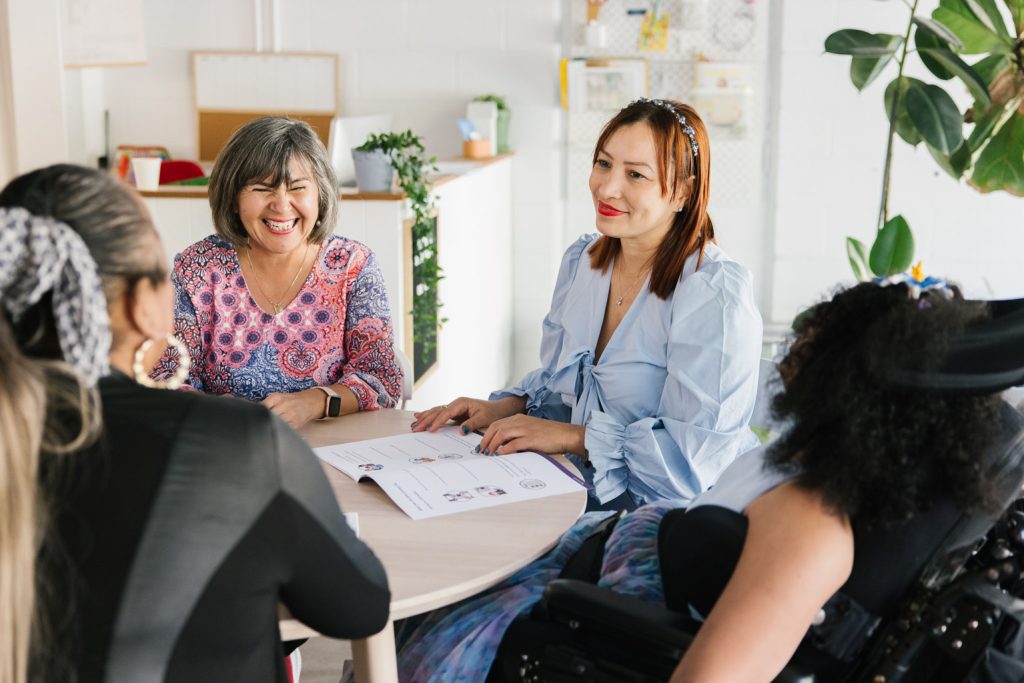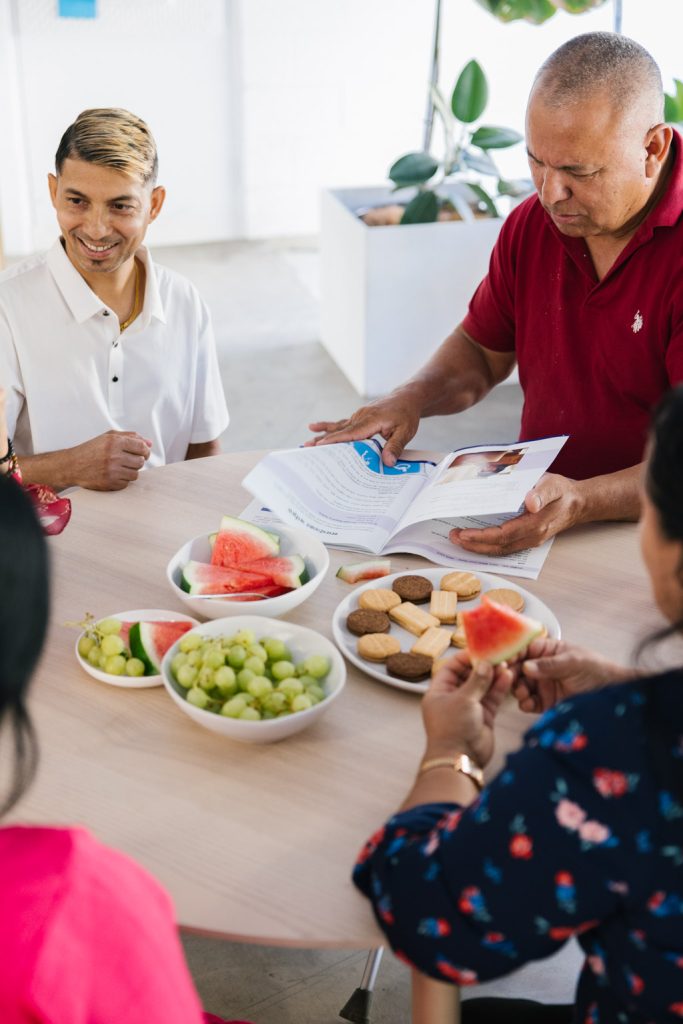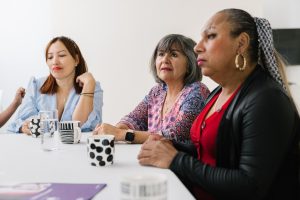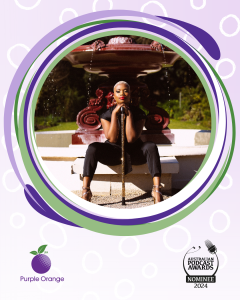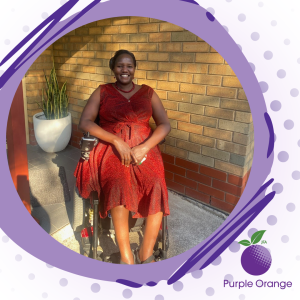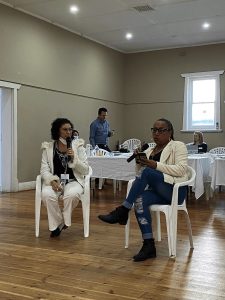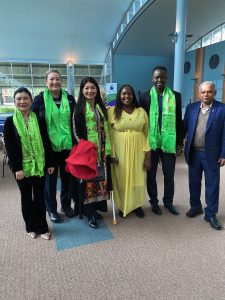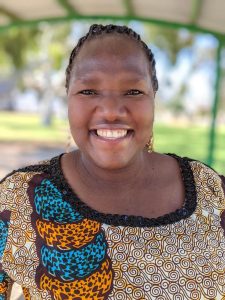People with disability from multicultural communities often face racism, language barriers, and complex, inaccessible systems. We support peer networks in these communities to build connection, share knowledge, and strengthen support. We also create opportunities for people to share their lived experience through advocacy and research. At the same time, we push for inclusive, culturally safe services that reflect the diversity of our communities.
- Address 104 Greenhill Road, Unley SA 5061
- Phone (08) 8373 8388 or 1300 857 327
- Email admin@purpleorange.org.au
- ABN 16 464 890 778

